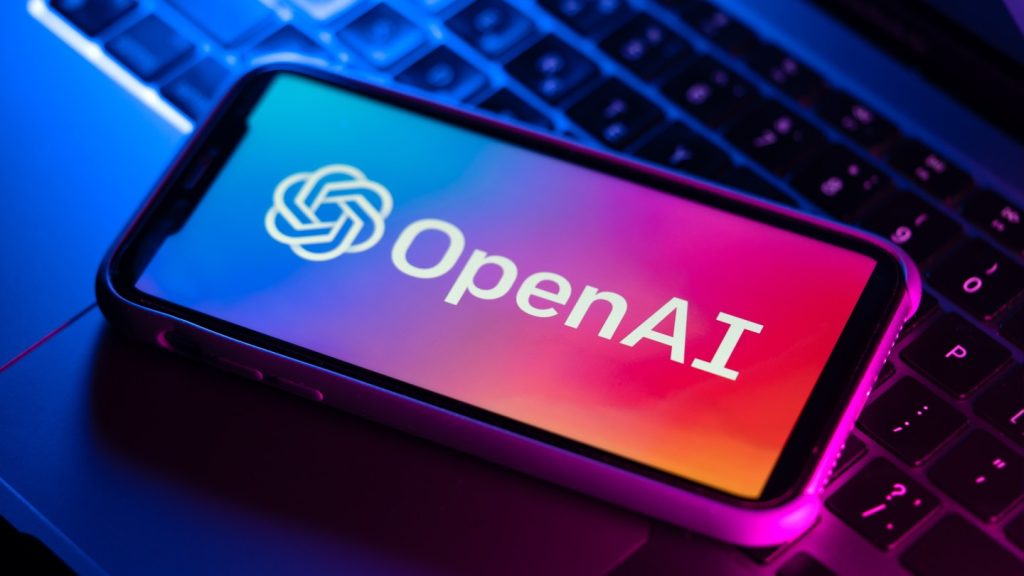IBM’s disclosure to STAT News on 18 April that it is halting sales of Watson artificial intelligence for drug discovery follows last year’s news that its AI was not performing well in test-case scenarios to diagnose and recommend appropriate treatments for cancer patients.
IBM Watson AI healthcare
In what is being called IBM’s most visible retreat from the use of AI in healthcare, the company has cited slow sales as the primary reason for the decision and is now switching gears to focus efforts on applications for clinical development instead.
From the company’s viewpoint, which is already invested in applications for clinical development, this provides a lower-risk strategy as well as a larger market, and the shift will provide IBM with space to further develop Watson for disease diagnostic applications instead if it so chooses. At present, IBM says it will no longer develop or market the drug discovery application but will continue to support existing users of the software.
It may be that the technology is simply not yet mature enough for deployment in certain capacities such as drug discovery, diagnosis and treatment recommendations despite indications of some success by other AI companies.
However, given that AI employs machine learning, with further input of data from a variety of sources, the abilities and accuracy of the AI will most likely increase. With the pressure to commercialise a driving factor for many companies, there may not be enough time set aside for the numerous iterations and human participation necessary for developing and fine-tuning the technology. Focusing on commercialisation too early in the process may also divert company resources away from addressing issues with the technology, potentially setting up a no-win situation for all stakeholders. For instance, the company shifted to using test case scenario data over real-world data in developing the diagnostic tool for logistical reasons. It became impractical, most likely from a time standpoint, to constantly update real patient data according to ever-changing treatment guidelines, so the decision to use a limited set of test case data was made. This decision was criticised by some physicians as shortsighted since it resulted in the AI using very limited data sets that were not entirely reflective of the larger pool of data.
Furthermore, while IBM is invested in the use of natural language processing (NLP) techniques to assist in parsing large amounts of medical record data, the company is at a disadvantage in not having the same access to consumer-level datasets as companies such as Google, Amazon, and Apple. Mining real-world data from sources such as social media could provide information both timely and relevant to algorithms designed to both diagnose disease and recommend appropriate treatments.
How well do you really know your competitors?
Access the most comprehensive Company Profiles on the market, powered by GlobalData. Save hours of research. Gain competitive edge.

Thank you!
Your download email will arrive shortly
Not ready to buy yet? Download a free sample
We are confident about the unique quality of our Company Profiles. However, we want you to make the most beneficial decision for your business, so we offer a free sample that you can download by submitting the below form
By GlobalDataFor instance, Twitter is used by both health professionals and patients to discuss not only research findings but disease symptoms and drug side effects as well—real-world data that could be very helpful during the iterative processes used to develop AI applications. In addition, the types of third-party, subscription-based data that AI developers use in the development of particular algorithms are important, and it may be useful for IBM to reassess these sources or they are not already doing so.
Given the importance of the role that AI applications currently play, and will continue to do so, in various aspects of healthcare, IBM’s move to discontinue commercialising Watson for drug discovery at this time could be a strategic move designed to allow for further development, rather than an admission of failure of the AI in the context of this application.
Related Reports
GlobalData (2019). Expert Insight: AI Provides a More Intelligent Approach to Ovarian Cancer Treatment, February 2019, GDHC2279EI
GlobalData (2019). Expert Insight: AI and Healthcare, a Tumultuous Road Ahead, February 2019, GDHC2245EI
GlobalData (2018). Expert Insight: Oncology Digital Medicine Advances in 2017: From Selection of Treatments to the Prospect of Influencing Outcomes, GDHC1557EI








